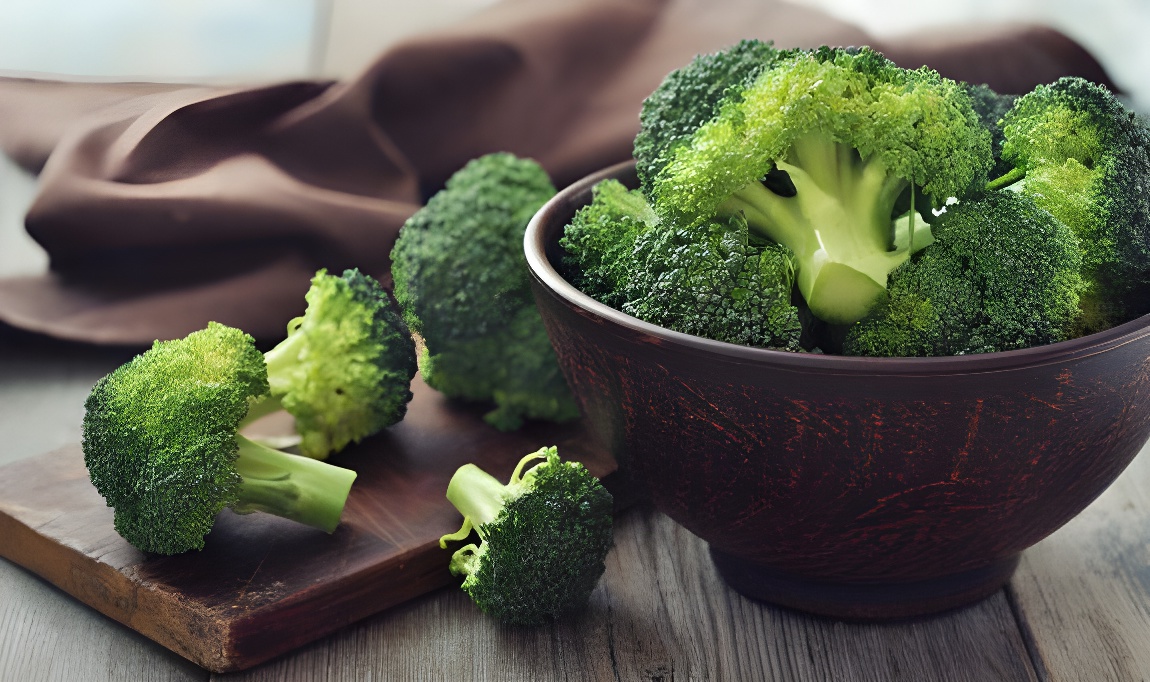Panhellenic Nutrition and Health Study (PA.ME.DY.)
According to the first nationwide study on the nutrition and health of the Greek population in a representative sample of 4,000 children and adults, it was found that the Greek population over-consumes saturated fats and protein (mainly due to excessive consumption of meat), while the intake of polyunsaturated fats (nuts, seeds and oily fish) is very low. Scientists are sounding the alarm and urging both public authorities and the private sector to take action to raise awareness and improve dietary habits, which will also lead to a reduction in the incidence of chronic diseases linked to poor nutrition. This is the context in which the littlespoons programme of the non-profit civil society organisation MATHAYINO DIATROFI is operating.
A study by Tufts University in Boston: Nutrition policy in schools is the best way to improve population health.
Childhood is a key stage in shaping the eating habits that individuals follow in later life. Given that children consume 1/3 to 1/2 of their daily meals at school, it is clear that having a sound nutrition policy in schools is of crucial importance. According to the study, providing fruits and vegetables and correspondingly limiting sugary drinks benefits health in both the short and long term. Furthermore, the study showed that if the nutrition policies being piloted in schools in the current generation had been applied to today's adults when they were children, fruit consumption would be 19% higher today and sugary drink consumption 24% lower. Correspondingly, more than 22,000 deaths per year from diabetes, heart attack and cardiovascular disease would have been prevented.
ActaPediatrica study: the Mediterranean diet can improve school performance by influencing sleep
Research conducted on a sample of 269 adolescents in Spain has shown that the degree of adherence to the Mediterranean diet can indirectly influence certain variables of school performance through its effect on sleep quality. In other words, a balanced diet promotes sleep quality, and an adolescent who gets enough rest has the mental clarity and concentration to achieve higher school performance.
The fruits & vegetables of autumn
Life in Greece is indeed quite difficult, especially in recent years due to the general economic situation. However, one of the biggest positives of living in this country is the abundance of fruits and vegetables that are largely grown in our country. So as we bid farewell to summer for good, there is no reason to offer children the 'summer' fruits and vegetables when autumn fruits and vegetables are already in full bloom. In this way, children do not get bored of eating the same foods all the time, but instead have the opportunity to change and reminisce about the seasons, depending on the fruit and vegetables on offer. On the other hand, when choosing seasonal fruits and vegetables, parents can be sure that they are fresh and as hormone-free as possible, especially when they are organic. Finally, the seasonal fruits and vegetables create a great opportunity for a simple and very fun family walk. Take your kids to your local farmers' market and talk about the season's produce. Instead of tomatoes and cucumbers, lettuce, green salads, cabbage, broccoli, spinach, cauliflower and beets come to the forefront. Similarly, apples, pears and pomegranates are replacing watermelons, melons and grapes. You can make your list together, shop together, smell the produce, sometimes even taste it, give it to them to put in the bags and somehow smoothly integrate it, if not immediately into the children's diet, at least into the family table, for the sake of familiarity and pattern.
My child does not eat fruit
A very common problem that plagues parents is their children's difficulty with fruit. Whether because of taste or texture, many children find it difficult to include them in their diet. In addition to the familiarization efforts mentioned above, it is important to create positive experiences with fruit. For example, when a child does not eat apples, it is a bad idea to try to give them in Tupperware at school as a snack. An apple that has been cut hours before is blackened, its taste and texture have been altered, and it probably won't have an unpleasant smell. Instead, it is much better to offer the apple at home, freshly cut and possibly as a dessert. By cutting the apple into pieces, adding a little lemon, honey and cinnamon, we create a completely different taste experience. Another great idea is apple chips. To make them, cut very thin apple slices smeared with a little olive oil and bake on a non-stick paper in the oven (better in the air) until crispy and sprinkle with cinnamon.




